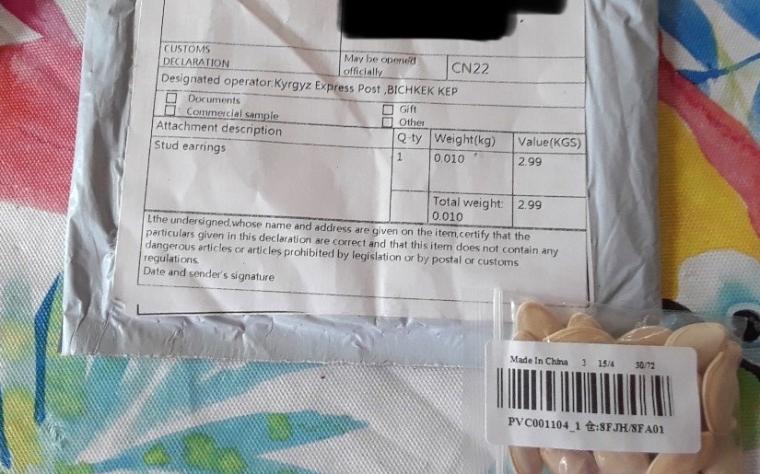Don’t plant seeds you didn’t order

By Linda Geist
University of Missouri Extension
COLUMBIA, Mo. – University of Missouri Extension horticulturists ask the public not to plant unsolicited seeds received in the mail.
MU Extension horticulturist Kelly McGowan says she has had recent reports from Springfield-area residents who have been mailed seeds they did not order.
MU Extension, the USDA Animal and Plant Health Inspection Service (https://www.aphis.usda.gov/), Missouri Department of Agriculture and other state and federal agencies first issued alerts about this in 2020 when residents began receiving seeds of unknown origin.
All agencies urge against planting seeds from unknown sources. McGowan says the seeds could introduce invasive species, pests, diseases, viruses and bacteria that could harm native plants, insects, crops and livestock.
In 2020, the Federal Trade Commission warned that the shipments of mystery seeds could be part of a “brushing” campaign, a technique used to boost an e-commerce seller’s ratings through fake orders. Or the seller could use your name and address for other purposes that would damage your credit or result in unapproved charges.
This also could be a way for unscrupulous sellers to send something other than what you ordered and then show proof of delivery of what you did order by providing tracking numbers for the seeds. If this happens, the FTC recommends reporting any differences in shipping weights or addresses that might indicate fraud to the FTC.
If you receive one of these shipments, do not open the seed packages, plant the seeds or dispose of seeds, packages or envelopes.
Instead, secure them and all packaging materials in a plastic zip-close bag and mail them to USDA APHIS PPQ, Attn: SEEDS, 1715 Southridge Drive, Jefferson City, MO 65109.
You may also call USDA state plant health director Collin Wamsley at 573-893-6833 or MDA state plant regulatory official Rosalee Knipp at 573-751-5505.
MDA provides guidance on how to handle these seeds at https://bit.ly/4hYFdrL.
If you spot a scam, report it at ftc.gov/complaint. FTC notes that under federal law you do not have to pay for unsolicited items. See https://consumer.ftc.gov/articles/what-do-if-youre-billed-things-you-never-got-or-you-get-unordered-products.
As always, buy seeds and plants from trusted sources, says McGowan.



